“Once it’s in the rivers, we’re already too late.” – Lawrence Meyer
You probably don’t think much about what happens to trash once it enters the water. It sinks or floats below the surface where we cannot see it. So, if we can’t see it, we don’t even know it’s there. If you see trash floating on the surface of the water, it’s safe to consider that there is far more below the surface, where you cannot see it.
is littered accidentally, intentionally, and at small and large amounts. It is littered or dumped in many different locations as well. So, what’s the difference between garbage floating down the river, and garbage littered on land? And why does this matter so much?
In this post, you will learn about garbage in waterways vs. on land, how it affects our planet, and what happens to garbage when it enters rivers, streams, and waterways.
To answer these questions, let’s take a dive into both situations.
But first, we need to take into consideration that not all garbage and trash is the same. To better understand garbage in the rivers and on land, here are three areas to keep in mind:
#1 – Type of Material
There are different types of garbage, such as plastics (hard plastics, flexible, films, and so on), wood, textiles and other fabrics, metal, rubbers and other synthetic materials, toxic liquids such as paint, oils, other chemicals, and much more.
#2 – Mode of Travel
Of this material, we also need to consider the way it will float, not float, or be carried by the wind, vehicles, animals or humans, or remain where it’s at. Whether it is on land or in water, it will either be traveling, or it will find a resting place and stay there for many years, and for some garbage, it may never to be found.
#3 – The Breakdown
An area that is often overlooked by most of us is how the item breaks down. In the sun, some plastics become brittle and crumble into tiny pieces, that same plastic may take much longer to break down if lost in the cold water. Some chemicals will absorb into the water, others, like oil, tend to stay separated from the water but then stick to anything they can. Other items like wood, metal, glass, will break down into something that is not all that harmful for nature, especially wood. It’s important to be mindful of how different types of garbage break down.
Garbage in Rivers, Streams, and Waterways
Why is garbage such a problem in waterways? Garbage in the rivers gets carried away quickly, and this is not a pun, it is an unfortunate reality. When your trash and litter ends up in rivers, streams, and other waterways, the cleanup of this garbage becomes incredibly difficult, and for much of the garbage that does not float or is unreachable, it’s impossible. Here are a few reasons why this is the case:
- Rivers and waterways are almost always moving, and will constantly carry items with it.
- Some items will sink, float, or get caught on other objects like branches, rocks, other obstacles.
- The garbage is most likely leaching toxins into the water.
- Rivers and waterways are the life-veins of our planet, carrying water, live creatures, nutrients, and unfortunately anything else.
- Waterways lead to pools of water, big and small, and become a dumping zone for garbage.
- Garbage pollution in rivers can get so bad that no life can survive, and people who used to fish are no longer able to, instead, they make a living from picking out recyclable materials.
- The waterway temperature may change due to low sun, the biology of the water changes, and the ecosystem in the water changes, making the living conditions for aquatic life too harsh.
- All of this flowing downstream is being carried to bigger bodies of water, killing off even larger aquatic life.
Here is an analogy: Imagine 100 ping pong balls dumped into a river, how far could they travel? They would be traveling at different speeds, finding different paths, some might sink if they’re damaged, most would probably float, all the while the river keeps flowing, and the 100 ping pong balls spread out further and further. It becomes extremely difficult to gather them all again, and in fact it might be impossible to collect all 100.
This is one major reason why we absolutely need to stop garbage from entering our waterways. In addition to the ping pong ball analogy, the friction from the moving current, bumping against rocks, trees, or other debris, will eventually break the plastic into pieces. And because plastic doesn’t biodegrade into a safe form (meaning it’s toxic), suddenly, 100 pieces of plastic becomes countless tinier pieces of plastic. And, to make matters worse, a lot of rivers will just carry all that garbage and plastic into the ocean, where it can be lost forever, lasting thousands of years, causing harm to marine life, and polluting our waters.
Check out these images of garbage in waterways, and the damage that it causes.
- Photo by The Ocean Cleanup
- Photo by Charlie Warl
- Photo by Anh Vy
- Photo by Tim Mossholder
- Photo by Motagua Quetzalito
- Photo by Manny Becerra
- Photo by Alexander Schimmeck
- Photo by Trust Tru Katsande
- Photo by Anh Vy, Unsplash.com
- Photo by Alexander Schimmeck
How Knowing Is Empowering
The reason you get excited about the upcoming retreat is because you know about it, right? You wont get excited about a surprise birthday party for you because you know nothing about it. The same is true for pollution. In fact, it’s very similar, because even if you don’t know about garbage pollution, that doesn’t mean it doesn’t exist. The birthday party was being planned, and whether you knew about it or not, the surprise was coming. And for pollution, the surprise is already here. We need to know about it because, like the party, whether we like it or not, it’s a real issue and isn’t going away just because we avoid it.
Something happens when we learn new information. First, we become more knowledgeable. Simply put; learning more, we now know more. The second thing that happens is for the information we know, we become responsible for it.
Let me say that one again, because we cannot skim over that. Once we know something, we become responsible for it. In that now that we know that trash ending up in the rivers is so detrimental, now we must be mindful of the trash that goes into the rivers. Now we become the guardians of the rivers, in a way.
This can be intimidating for sure, and you may even want to step back and stop reading, or even stop learning, but be encouraged that you are a powerful person and very influential. Even if your influence is to one person, perhaps your child/ren, that one person could be the next world changer.
I know, it’s so easy to look at the amount of trash in the world and think, “there is no way we could ever clean this all up”, or to lose all hope and just keep living life like there isn’t a problem. There is a phrase for this, “turning a blind eye”, is that how it goes?
Have you ever heard of The Ocean Cleanup? This organization is responsible for the inspiration of the start of The Real Global Garbage. I highly recommend checking out their podcast, Lawrence Meyer discusses more in depth on the dangers and difficulties of garbage in the river. There is a vast amount of information available online, in libraries, research reports, analytical reports, data from research projects, and the list goes on. This is our planet, our Earth, our land. Why wouldn’t we want to know what’s going on with our land?
In Conclusion
We think of rivers and streams as sections of water, but they’re continually flowing, they have a starting point and an ending point, but they’re usually much longer than our little minds can comprehend, and they carry more filth and garbage than we can comprehend. We become guardians and protectors of the water when we keep trash and other pollutants from entering waterways, because we’re part of stopping garbage from overwhelming wildlife, water sources, and keeping our waterways clean is essential to the long-term health of our Earth. The truth is, just knowing doesn’t change the reality of the situation. You can do something about it!
Even though one piece of trash floats down the river, it is only one of millions of pieces of trash. The more we clean up, the healthier our waters (and Earth) will be.
Tell us in the comments below what rivers and waterways you’ve seen trash in!
Thanks for reading,
HosannaJill

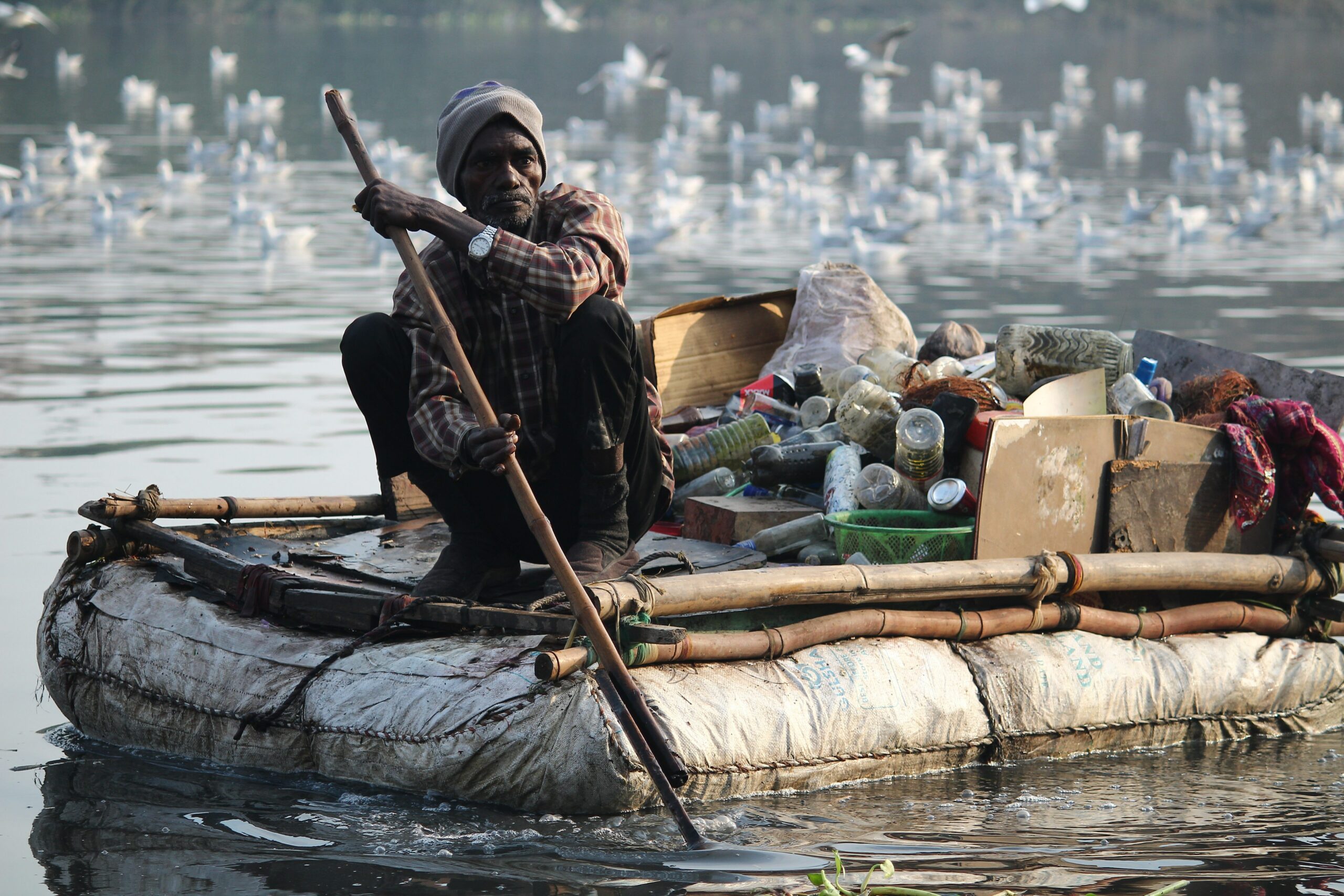
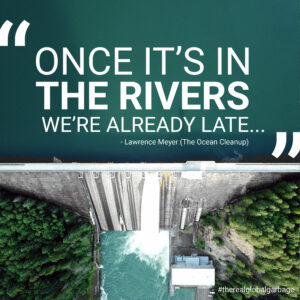
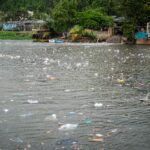

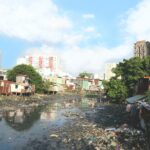

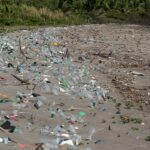
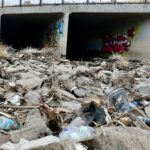
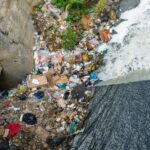
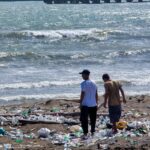

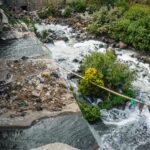
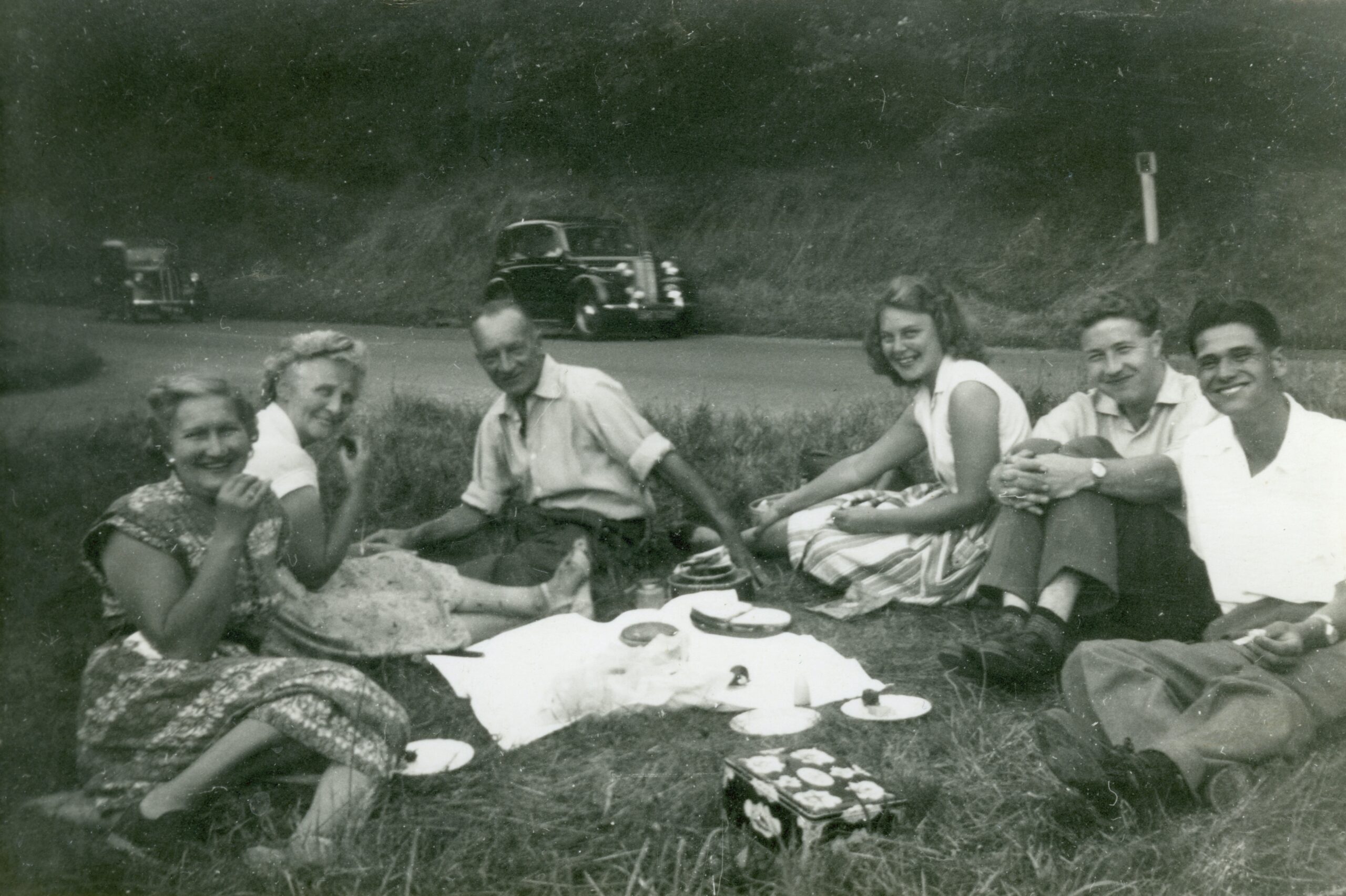
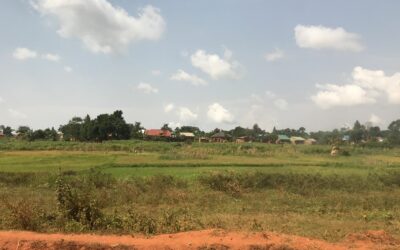
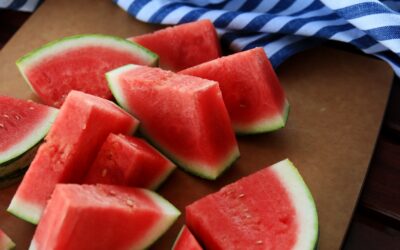
0 Comments